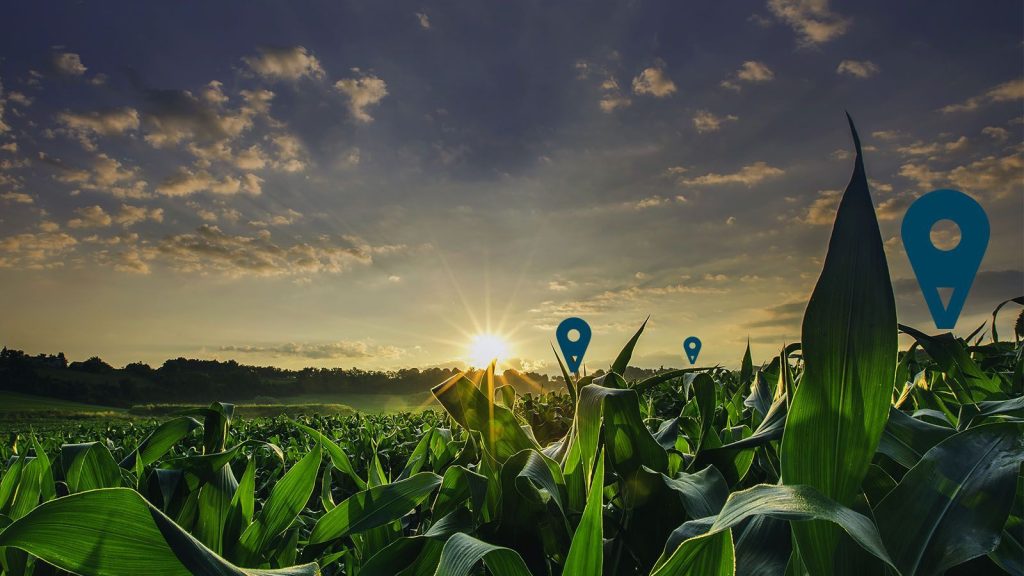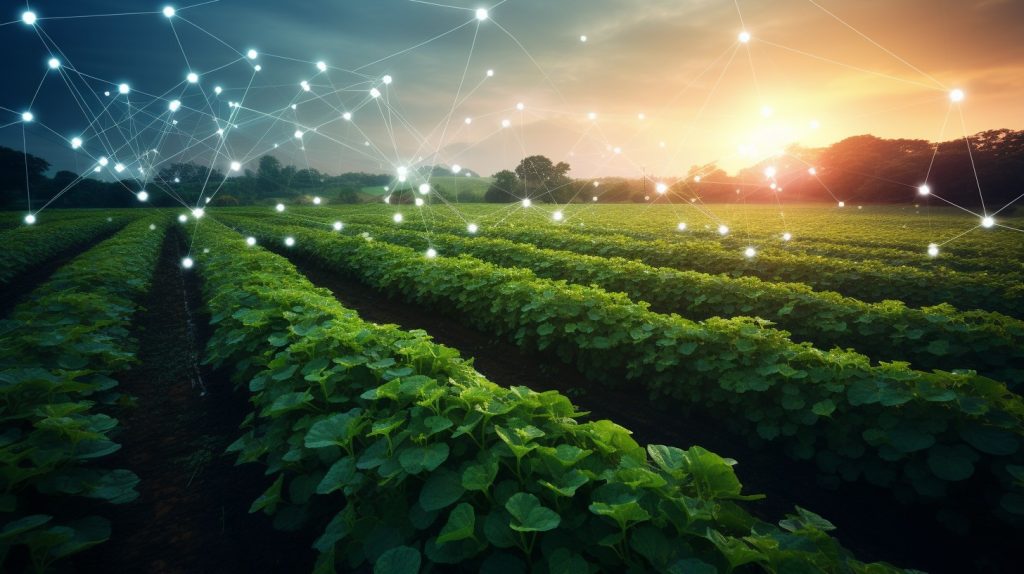
Modern farm management is a complex and dynamic practice that involves the efficient and sustainable management of agricultural resources, technology adoption, and strategic decision-making. With advancements in technology, changing consumer demands, and increasing environmental concerns, farmers need to embrace modern farm management techniques to thrive in today’s agricultural landscape. In this article, we will explore the art of modern farm management, including key principles, technological advancements, and the importance of data-driven decision-making.
Sustainability is a fundamental principle of modern farm management. It involves balancing economic viability, environmental stewardship, and social responsibility. Sustainable farm management practices focus on minimizing the use of non-renewable resources, reducing chemical inputs, promoting biodiversity, and preserving soil health for future generations.
Modern farm management emphasizes precision and efficiency in resource management. By utilizing precision agriculture technologies, farmers can optimize the use of inputs such as water, fertilizers, and pesticides. This approach minimizes waste, reduces costs, and mitigates environmental impact.
Successful modern farm managers embrace adaptability and continuous learning. They stay updated with the latest research, technological advancements, and market trends. By being open to new ideas and approaches, farmers can adapt their practices to changing conditions and seize opportunities for growth and improvement.

The Internet of Things (IoT) and sensor technologies have revolutionized modern farm management. IoT devices and sensors can monitor various aspects of farming operations, including soil moisture, temperature, crop growth, and livestock health. This real-time data allows farmers to make informed decisions, optimize resource allocation, and detect issues early.
Farm management software and data analytics tools enable farmers to collect, analyze, and interpret vast amounts of data. These tools provide valuable insights into crop performance, yield predictions, pest and disease management, and financial analysis. By leveraging data analytics, farmers can optimize their operations, identify areas for improvement, and make data-driven decisions.
Robotics and automation technologies are transforming modern farm management. Automated machinery, such as robotic milking systems and autonomous tractors, streamline labor-intensive tasks, improve efficiency, and reduce human error. These technologies also enhance worker safety and allow farmers to focus on strategic decision-making and farm planning.
Data-driven decision-making is crucial in modern farm management. By collecting and analyzing data, farmers can gain insights into crop performance, resource utilization, market trends, and consumer preferences. This information enables them to make informed decisions about planting schedules, crop selection, input application, and marketing strategies.
Data-driven decision-making helps farmers optimize resource allocation. By analyzing data on soil fertility, weather patterns, and crop growth, farmers can allocate resources such as water, fertilizers, and pesticides more efficiently. This approach minimizes waste, reduces costs, and improves overall farm productivity.
Data-driven decision-making enhances farm productivity and profitability. By identifying areas of inefficiency or underperformance through data analysis, farmers can implement targeted improvements. This may involve adjusting planting practices, adopting new technologies, or diversifying crop selection based on market demand. These strategic decisions lead to increased productivity and improved financial outcomes.
Modern farm management is a dynamic and multidimensional practice that requires farmers to embrace sustainability, precision, adaptability, and data-driven decision-making. By leveraging technological advancements, such as IoT, data analytics, and robotics, farmers can optimize resource utilization, improve efficiency, and enhance overall farm productivity. The art of modern farm management lies in the ability to integrate these principles and technologies into daily operations while considering the unique characteristics of each farm. By doing so, farmers can navigate the challenges of the agricultural industry, meet consumer demands, and contribute to a more sustainable and prosperous future for agriculture.